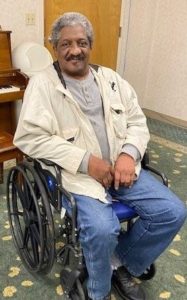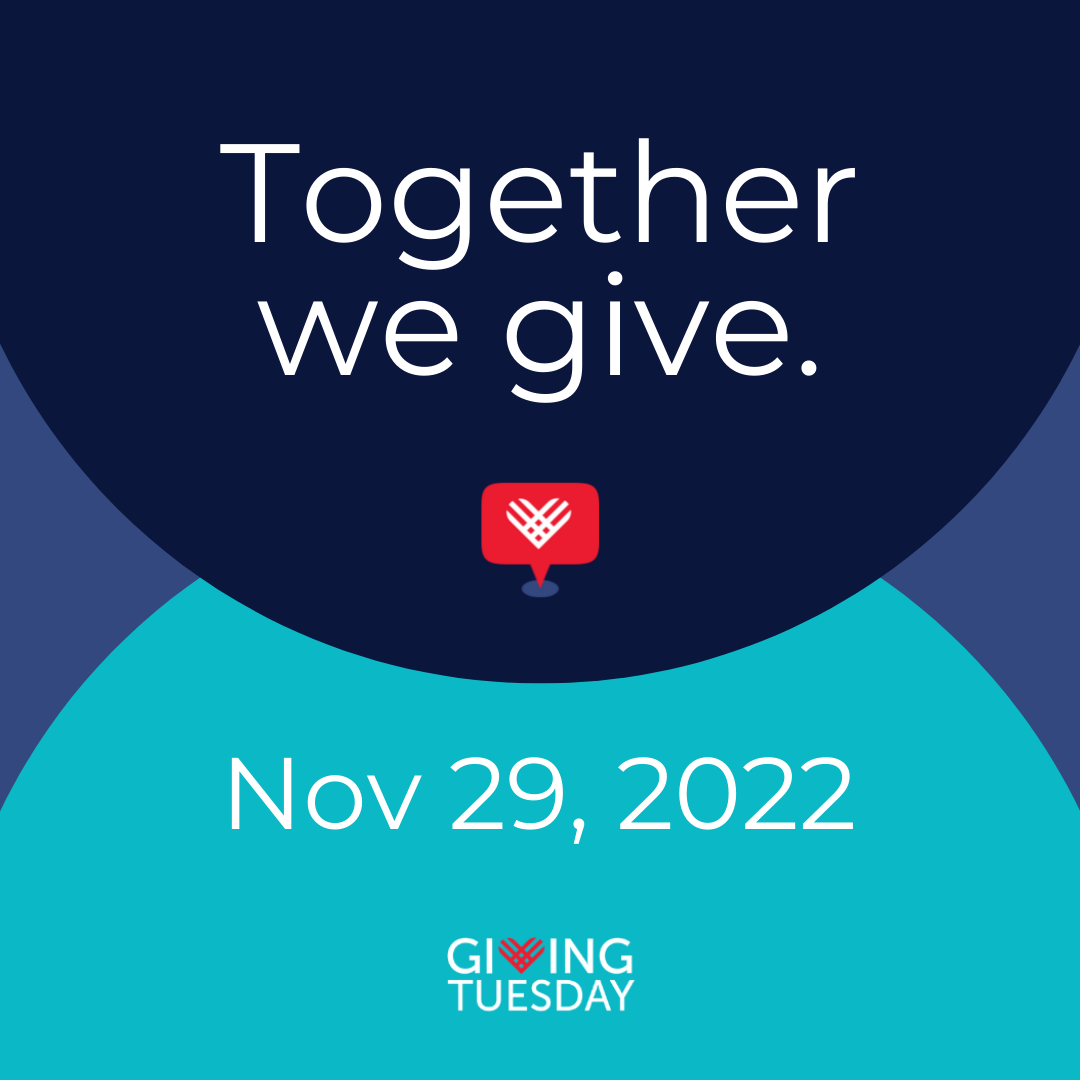The emotional and physical long-term effects of the pandemic are staggering and have disproportionately impacted people with disabilities and communities of color. In 2022, the Center for Public Representation continued to respond to this crisis, while staunchly maintaining its commitment to equality, choice, and integration for people with disabilities, people of color, older adults, children with mental illness, and people in congregate settings.
With your support over the past year, CPR has:
- Filed a new ADA class action case, Simmons v. Baker, against the Commonwealth of Massachusetts that seeks to end the unnecessary institutionalization of thousands of people with disabilities in nursing facilities;
- Successfully concluded an ADA employment case in Oregon that resulted in the closure of all sheltered workshops in the state and provided integrated employment services for over five thousand people with disabilities;
- Successfully resolved a longstanding class action case in New Mexico that created a comprehensive community service system for people with intellectual and developmental disabilities, and shuttered its remaining IDD institutions;
- Reached a landmark settlement with North Carolina to expand integrated employment opportunities for people with IDD and phasedown its segregated sheltered workshops;
- Continued advancing Supported Decision-Making (SDM) as an alternative to guardianship and conservatorship, including the creation of a co-led coalition, Center for Youth Voice, Youth Choice (CYVYC);
- Published two seminal law review articles and participated in an International Learning Exchange on SDM;
- Continued development of its Racial Equity Initiative (REI) so that we can identify and pursue cases addressing inequities of race, coercion and disability;
- Implemented the Rosie D. Preservation Project to protect and preserve Medicaid home-based services in Massachusetts, following the successful resolution of its class action case which transformed the children’s mental health system and provided intensive home-based services to over 30,000 children with disabilities, Rosie D. v. Baker;
- Successfully obtained an extension of the 2017 settlement agreement requiring the State of Alabama to provide intensive home-based services to children with Serious Emotional Disturbance (SED) and Autism Spectrum Disorder (ASD);
- Joined a Supreme Court brief in a landmark nursing facility case, urging the court to reaffirm the private right of action to enforce Medicaid guarantees and disability rights;
And much, much more.

The COVID pandemic led to the deaths of hundreds of thousands of nursing facility residents nationwide, particularly in facilities that serve Black and Brown communities. On October 11, 2022, CPR filed an ADA class action lawsuit, Simmons v. Baker, on behalf of six people with disabilities in nursing facilities in Massachusetts and the Massachusetts Senior Action Council. The lawsuit – one of the first cross-disability nursing facility cases in the nation – seeks to end the unnecessary institutionalization of all people with disabilities in Massachusetts, by requiring the Commonwealth to expand its residential programs so that all people with disabilities in nursing facilities can make informed choices and have meaningful options to live successfully in the community.
In August, 2022, USDC Judge John Acosta issued a final decision in Lane v. Brown, finding that the State had substantially complied with all requirements set forth in the 2015 settlement agreement, and dismissing the case. The case – a first of its kind in the nation – was filed in 2012 by Paula Lane and seven other individuals with disabilities to challenge Oregon’s segregation of people with intellectual and developmental disabilities in sheltered workshops, where they earned pennies a day assembling products for large companies. Prompted by the Court’s order, Oregon closed all of its sheltered workshops in 2021, and now provides integrated employment services to thousands of people with disabilities, allowing them to work in real jobs for real pay.
On April 27, 2022, the district court found the State of New Mexico finally achieved compliance with a 2019 settlement agreement and dismissed the case of Jackson v. Los Lunas Community Program. The class action litigation was originally filed in 1987 on behalf of hundreds of persons with intellectual and developmental disabilities who lived in the state’s two public institutions – the Fort Stanton and Los Lunas State Schools and Hospitals. After an almost year-long trial, the court found numerous violations of the Constitution and section 504 of the Rehabilitation Act and issued a sweeping remedial order. Within ten years, the State had closed both institutions and transitioned all persons to integrated community settings. The State also entered several settlement agreements that proscribed the design and implementation of a national model for community services. After years of efforts by CPR, Disability Rights New Mexico, and several local private attorneys to secure compliance with these agreements, the court finally found that the federal law violations had been cured, that the provisions of the agreements had been satisfied, and that all class members were now living in integrated, safe, and appropriate settings.
CPR has continued its efforts in the advancement of Supported Decision-Making as a viable alternative to guardianship and conservatorship. Over the past year CPR provided consultation to, presentations for, and contributions with stakeholders, including P&As and NDRN associate members in jurisdictions including California, Connecticut, District of Columbia, Georgia, Indiana, Maryland, Massachusetts, New Jersey, Pennsylvania, Texas, Virginia, and Vermont.
CPR continues to serve on a working group of the Consortium for Constituents with Disabilities (CCD) Rights Task Force that focuses on developing a federal strategy to advance Supported Decision-Making (SDM) and reform guardianship. While the working group supports efforts to improve guardianship processes, we are advocating for the prioritization of strategies that encourage states and territories to divert their constituents away from guardianship systems and towards less restrictive options, including SDM. This effort also entails serving as co-chair of the CCD Rights Task Force.
CPR is a key partner for the Center on Youth Voice, Youth Choice (CYVYC), a national research, training, and resource center that promotes the use of alternatives to guardianship for youth with intellectual or developmental disabilities. Under a five-year grant from the U.S. Administration on Community Living, CPR provides technical assistance and support to State Teams to promote alternatives to guardianship for youth. This includes supporting them in their educational efforts at two national conferences this summer.
CPR’s national leadership on Supported Decision-Making (SDM) is reflected in two new law review articles: “Supported Decision-Making: Lessons from Pilot Projects,” 72 Syracuse L. Rev. 99 (2022); and “Supported Decision-Making: Potential and Challenges for Older Persons,” 72 Syracuse L. Rev. 165 (2022).
The Rosie D. Preservation Project seeks to preserve the integrity, intent, and impact of the Massachusetts’ home-based service system, also known as the Children’s Behavioral Health Initiative (CBHI), now that federal court jurisdiction and oversight of the longstanding case, Rosie D. v. Baker, has ended. It also seeks to ensure continued access to medically necessary care for Rosie D. class members, particularly youth from diverse racial and linguistic communities, and those at risk of court involvement because of unmet mental health needs.
CPR remains steadfast in the advancement of its Racial Equity Initiative (REI) and commitment to identify and pursue cases that address inequities at the intersection of race, coercion, and disability. Created last year in response to the discriminatory pandemic practices and the tragic deaths of George Floyd, Ahmaud Arbery, and Breonna Taylor, CPR has developed a core team to lead and develop strategies to guide our commitment to center racial justice in our system reform work and focuses on three areas of concentration: 1) training, 2) outreach, and 3) litigation strategies.
We could not have done all of this without your generous support. Please consider a donation to help expand CPR’s efforts, as we continue to push boundaries, re-envision possibilities and challenge assumptions, laws, and social structures that deny people with disabilities the supports and services they need to live in the community. With your help, we will continue to develop innovative initiatives, pursue effective cases, and implement lasting and equitable remedies. Your contribution matters.
With deepest gratitude and good wishes for your health and safety,![]()
Cathy E. Costanzo
Executive Director
November 29th is a day of giving. Please help us achieve our vision and continue our work. Join us in our efforts so that, together, we can make a difference and offer hope to those that need it most. Support CPR and Donate Today!
